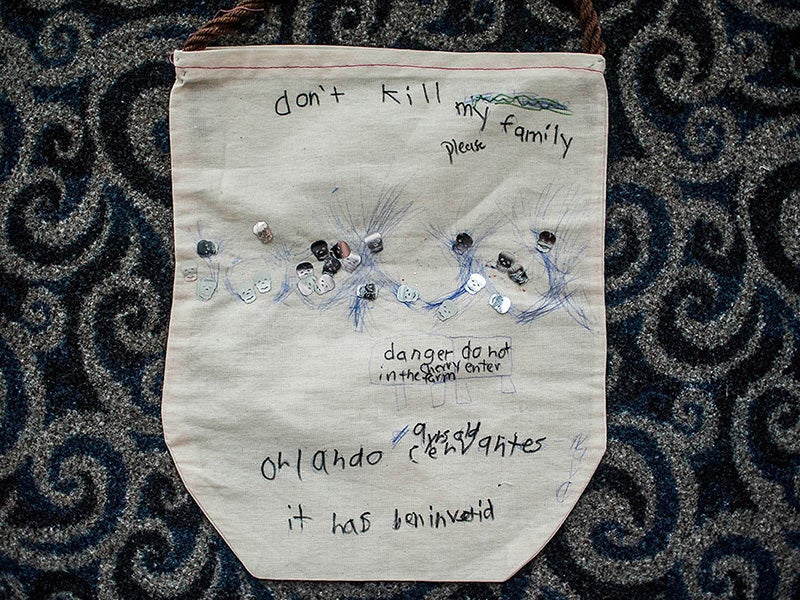Pesticides: Stories from the Frontlines, Part 2
In this second installment of a weekly series, farmworkers share stories from the frontlines, illustrating why we need an even stronger standard than EPA proposes.

This page was published 11 years ago. Find the latest on Earthjustice’s work.
Farmworkers share stories from the frontlines, in this second installment of a weekly series:
Part 2: When going organic isn’t possible
“I am a farm worker and only use organic methods. It is the only way to protect all.
“When I first heard about the illnesses that our farmworkers were having, I began to only buy organic produce. It was more expensive, but it was doable. Then when we began to farm, we knew the way we needed to proceed.
“I care about the health and safety of our country’s 2 million farmworkers and their families who work tirelessly to put food on our table. While I commend the US Environmental Protection Agency (EPA) for proposing a stronger Worker Protection Standard (WPS) to safeguard farmworkers from harmful exposures to pesticides, I write to support many aspects of the proposed rule that foster worker health and safety and to underscore areas of the rule in need of strengthening in order to better protect farmworkers.
“Stopping the use of pesticides is really the only ethical way, even though it will cause problems with the companies making them.
“Farmworkers are the population most overexposed to pesticides, and for far too long farmworkers have been treated as second class citizens, afforded fewer protections than other workers.
“At a minimum, farmworkers should to be given the same protections afforded to workers in most other industries. Thank you for proposing the updated WPS and I appreciate the consideration given to these suggestions.”
– Anne from New York
The U.S. Environmental Protection Agency wants your feedback as it updates rules meant to protect children and adult agricultural workers from pesticides.
In this weekly series, farmworkers share personal stories, illustrating why we need an even stronger standard than EPA proposes. Join us next week for part three in the Stories from the Frontlines series: “Living Near Toxic Fields.” (If you missed it, read the previous installment, Part 1: Strengthening Protections for Farmworkers.)
Join with these farmworkers in taking action, and share your story below.
Earthjustice’s Washington, D.C., office works at the federal level to prevent air and water pollution, combat climate change, and protect natural areas. We also work with communities in the Mid-Atlantic region and elsewhere to address severe local environmental health problems, including exposures to dangerous air contaminants in toxic hot spots, sewage backups and overflows, chemical disasters, and contamination of drinking water. The D.C. office has been in operation since 1978.